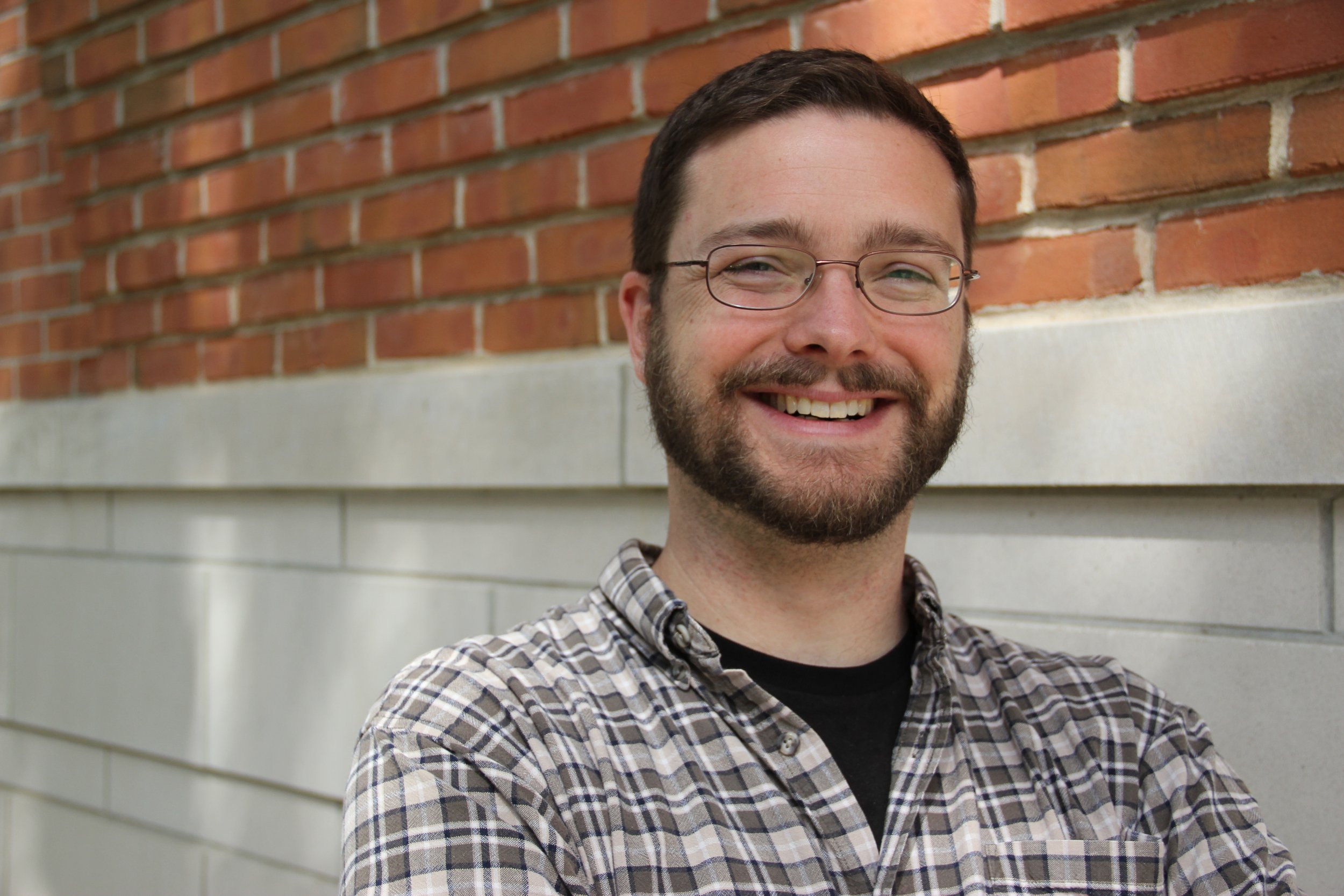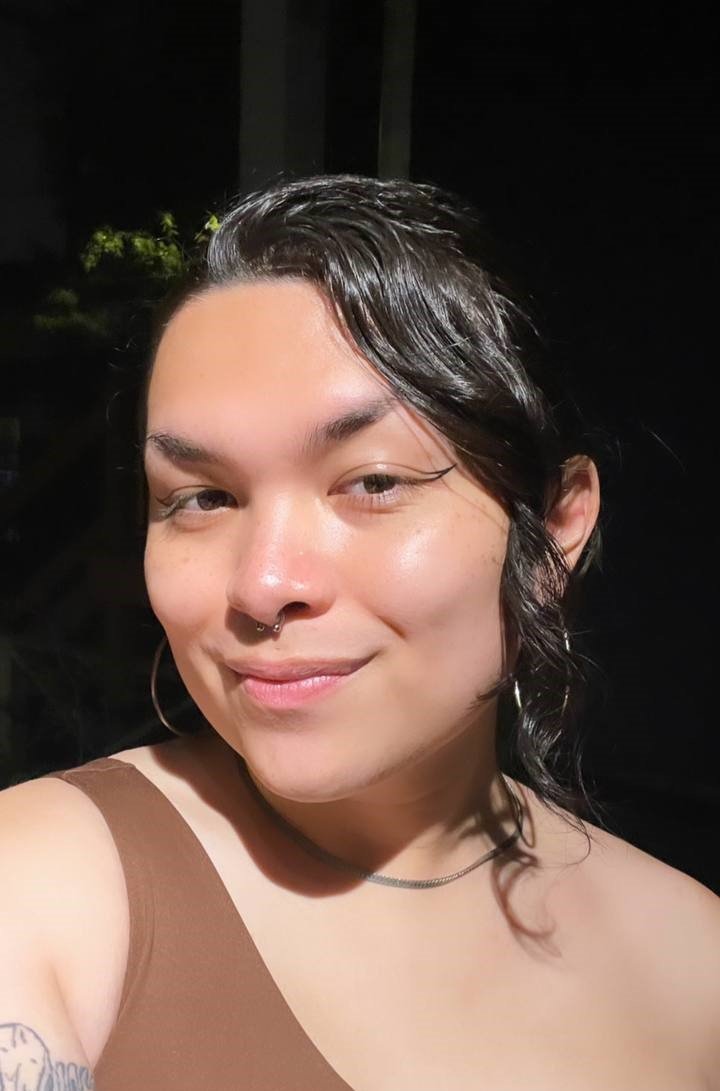Access Reframed: Empowering Action (AR:EA) is a collaborative initiative in partnership with Reeling 2022: The 40th Chicago LGBTQ+ International Film Festival and presented by Full Spectrum Features, All Senses Go, Backbones, and LaGrish, that aims to increase the number of film festivals in the Chicago area that offer accessible programming for all audiences, with or without disabilities.
Our 2022 Pilot Program
In Fall of 2022, the AR:EA initiative piloted a regranting program to build capacity at a regional film festival through training, written resources, festival-specific consultation, and direct cash assistance.
The Purpose of this Report
This report consolidates our key learnings from Year One of the Access Reframed: Empowering Action regranting program. By sharing both the successes and failures of our attempt to cultivate greater accessibility at a regional festival, we hope to encourage collective action amongst festival organizers, funders, and filmmakers towards the expansion of access to film programming both in Chicago and across the country.
The Challenge
Too many independent film festivals in America ignore the existence of disabled cinephiles and filmmakers. Across the country, screenings and networking events are being programmed in venues that are not wheelchair accessible; movies are being screened without captions for D/deaf and hard-of-hearing audiences; filmmakers neglect to create audio description tracks for audiences who are blind or low vision; and festivals fail to design their online presence with even minimal web content accessibility standards. Limited budgets and bandwidths are often cited as reasons for why festival films are screened without accessibility. Yet this discriminatory practice results in the exclusion of an untold number of movie lovers, filmmakers and human beings, and must be replaced by inclusive practices that extend access to all film audiences and filmmakers, regardless of ability. Though the intentions of programmers and filmmakers may be good, often they find lack of resources, information and support to effectively execute access in their programs and communities.
KEY TAKEAWAYS
Film festivals that want to expand the accessibility of their programming should identify one or more local groups to collaborate with. Reach out directly to disability communities, organizations, and providers in your area, and identify potential sponsors for an accessibility initiative. Funding accessibility should be viewed not as a burden, but as an opportunity to form new partnerships, reach new audiences, and join new causes.
An “Access First” mindset prioritizes inclusion from the mission statement and the earliest days of festival planning, and ensures that: budgets take accessibility into account; that only accessible venues are considered and chosen for events; that filmmakers are encouraged (and ideally required) to deliver their films with captions and description tracks; that information about accessibility is announced at the same time that full festival program is announced; and that volunteers and staff are trained to assist disabled audience members with any of their access needs at the event itself. “Access First” is in contrast to “Access as Afterthought” – rather than being viewed as an optional add-on at the last minute, access should be baked into a festival’s strategy, operations, and customer service.
To build festival staff’s awareness and understanding of accessible film programming, accessibility consultants or partners should ideally be transparent about the allocation of resources, as well as about the processes involved with hiring access providers and vendors. We recommend that the following tangible resources be provided for partner festivals at the start of any new collaboration: an accessibility planning timeline; a budget for accessibility costs; a list of local access providers; ideas for direct outreach to local disability communities; technical instruction for creating and/or quality checking captions or audio description files; and more. These resources will help organizations to both launch new accessibility initiatives, and to sustain any learned practices and procedures into the future.
We encourage festivals to think beyond attendance numbers when measuring the success of an accessibility initiative. Festivals should hold the realistic expectation that it can take several years for positive word to spread amongst local disability communities; for trust to develop in a festival’s ability to deliver a high quality access; and for a sense of safety and belonging to be nurtured. Rest assured that over time, an audience for accessible programming will grow as your festival demonstrates consistency and quality. In the meantime, focus on internal growth at your organization by using the early years of your initiative to better understand the operations involved in accessibility services; to gain concrete and practical experiences with the technical and logistical aspects of accessible film deliverables; to overcome any fears, anxieties, or hesitancies about providing access; and to adopt a proactive attitude of readiness in your organization for creating a welcoming space.
Accessibility is a continual and growing commitment, and we hope to use this Year One experience to iterate on a capacity-building strategy for film festivals of any size to sustain their accessibility initiatives indefinitely into the future.
We call upon anyone in the independent film community who has influence, decision-making power, or raw passion to join this effort. Commit to access at your organization by endeavoring to:
create incentives or requirements for filmmakers to produce captions and descriptions for their films;
secure funding, sponsorships, and partnerships to program accessible events at accessible venues;
devise internal processes and systems for ensuring consistent and quality access;
strengthen institutional memory and resources so that knowledge is not lost in the face of staffing and volunteer turnover;
build consensus on best practice standards for accessibility at film festivals.
This public report is an early effort by Access Reframed to make the world of independent film a more welcoming and inclusive space. In the narrative that follows, we aim to be transparent about both our achievements and our failures, in the hope that other organizations can learn from, build upon, and improve our efforts. We urge you to feel empowered to take action.
MEET THE TEAM
Cassidy Dimon (she/her) is Full Spectrum Features’ Director of Programs, Events, & Accessibility. She is a filmmaker and event producer with over 15 years of experience producing film events across the US. She has produced over 200 film screenings, numerous award shows and film festivals, as well as two iterations of the esteemed Getting Real Documentary Film Conference. Cassidy is also the founder of the Film Event Accessibility Working Group (FEAW), an initiative that harnesses the collective power of event professionals to help exhibitors across the country develop and execute accessible events and is the creator of the Film Event Accessibility Scorecard launched in July 2022.
Matt Lauterbach (he/him) is a filmmaker and educator with two decades of experience crafting engaging non-fiction content for screens both big and small. As an associate of Kartemquin Films, he has contributed to over a dozen documentaries, many of which have broadcast on PBS. In 2020, Matt founded All Senses Go, which highlights the importance of captions, description, and accessible events for film audiences.
All Senses Go is a consulting cooperative that educates and empowers media producers to create accessible experiences for the widest possible audience. We believe that alternate pathways, including captions, descriptions, and sign language interpretation, should be generated in order to involve and engage individuals with disabilities in the rich cultural content that is being shared every day. Founded in 2020, All Senses Go has consulted for Sundance Institute, SFFILM, International Documentary Association, and more. Learn about our work at allsensesgo.com.
Jason Matsumoto (he/him) is a fourth-generation Japanese American producer and musician from Chicago. He is one of Full Spectrum Feature’s Co-Executive Directors & Co-Founders. Jason co-produced The Orange Story, an early Full Spectrum project funded by the U.S. National Park Service that aims to provide educational content about civil liberties as told through the lens of Japanese American incarceration during WWII. Jason is the director and primary composer for Chicago-based music ensemble Ho Etsu Taiko. Jason is also a strategy consultant for Miyamoto Unosuke Shoten (Tokyo), a 150 year old traditional Japanese instrument maker who officially serves the Emperor of Japan. Prior to joining Full Spectrum’s staff, Jason spent 10 years in the financial derivatives industry, retiring in 2017 as Director of the Chicago Mercantile Exchange’s strategic pricing team.
Dr. Grishma Shah (she/her) is a South Asian visual artist/storyteller, producer and Entertainment Psychologist based in Chicago. With the belief that art can be transformative, Grishma founded her company LaGrish to reframe cultural messaging on disability+ stories in entertainment. Through LaGrish, Grishma supports filmmakers, film festivals and organizations in Hollywood at various stages of content creation. When Grishma isn’t consulting, she is painting up a storm for an upcoming art exhibit or facilitating a workshop at academic institutions like Northwestern University and Harvard University.
A 2021 3Arts Fellow, Grishma enjoys infusing heritage and components of mixed media into her works to create 3D like paintings. Her paintings express moments of a lived experience. To access her audio PhD dissertation exploring gender, skin tone, caste, religion and disability in South Asian “Desi” culture, visit www.lagrish.com.
Lobo Tate (she/they) is a queer mixed-race Filipina-American writer & designer. She is Full Spectrum’s Communications & Marketing Manager. She identifies as a double-Gemini, a pseudo-cinephile, and a multi-hyphenate marketing gal.
Born and raised in the city of Chicago, Lobo graduated from the School of the Art Institute of Chicago with a BFA in Studio Art. They have shared a variety of visual and video-based work in program screenings and group exhibitions in Chicago and Berlin. Now, she focuses her practice on writing short narrative essays and continues to find unique opportunities to connect with audiences through various mediums of storytelling. In their free time, they enjoy their daily walks, getting involved in their community garden, and finding new methods to cat-proof their kitchen from their sneaky, Siberian cat.
Reveca Torres (she/her) is an artist, filmmaker, and Executive Director of BACKBONES, an organization helping people with spinal cord injury and disabilities. She is co-director of ReelAbilities Film Festival Chicago and has curated touring photography and art exhibitions that showcase the work of people with disabilities and bring awareness to disability rights.
BACKBONES exists to help people with spinal cord injury or disease (SCI/D) and their families connect with their communities. BACKBONES enacts their work by creating events and experiences that promote awareness and engage people of all abilities.













